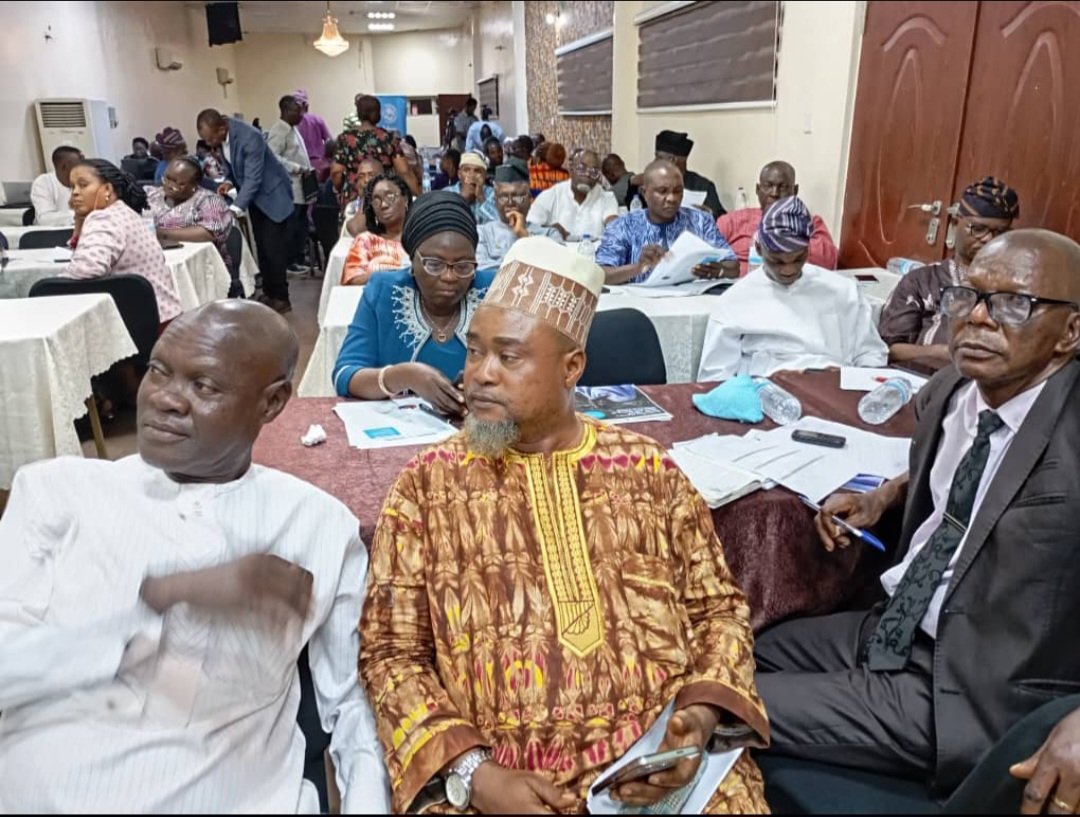By Segun Giwa/Millicent Ifeanyichukwu
The United Nations Children’s Fund (UNICEF) has called for stronger commitment from state governments and stakeholders in the education sector to develop models that will reduce the high number of out-of-school children in Nigeria.
Azuka Menkiti, UNICEF Education Specialist, made the remarks on Monday in Ibadan during a two-day regional stakeholders meeting on out-of-school children and models for retention, transition and completion of education in South-West states.
Menkiti said that such commitment was crucial to addressing the barriers impeding students’ retention, transition and completion of secondary school.
The News Agency of Nigeria (NAN) reports that the meeting was attended by commissioners for education, religious leaders, and educationists from Lagos, Ondo, Osun, Ogun, Ekiti, and Oyo states.
According to Menkiti, the number of out-of-school children in Nigeria is alarming, and the country needs to build multiple learning pathways to tackle this crisis and improve retention and transition rates in secondary education.
She noted that UNICEF had successfully tested scalable intervention programmes, which state governments could replicate to reduce the number of out-of-school children in Nigeria.
Speaking on UNICEF’s education priorities for 2023-2027 and its strategic focus for 2024, Menkiti said the agency was supporting states to strengthen systems and expand access to quality learning.
Citing data from the National Bureau of Statistics (NBS) and UNICEF’s Multiple Indicator Cluster Survey (MICS) 2021, she revealed that only 39 per cent of the poorest girls attend primary school and just 41 per cent of primary school students remain in school by the end of junior secondary school.
“Only 73 per cent of children aged 7 to 14 demonstrate functional reading skills and 43 per cent of children with functional difficulties are in primary school. This is what UNICEF aims to change.
“UNICEF’s goal in addressing the out-of-school children crisis is to ensure that adolescents have access to secondary education, are equipped with the knowledge and skills to complete secondary education and can transition into work or further education and training.
“The agency’s objective is to strengthen government systems, expand access to secondary education and enhance learning and skills,” Menkiti said.
She urged governments at all levels to show more commitment to retaining students in school and ensuring their transition and completion, as education is key to breaking the cycle of poverty in families.
In his presentation, Babagana Aminu, another UNICEF Education Specialist, stated that out of six million children enrolled in primary education yearly, one million do not advance to lower secondary school.
Quoting from the MICS 2021 survey, Aminu said that the education completion rate in the South-West region stood at 92.6 per cent for primary education, 85.3 per cent for lower secondary, and 72.9 per cent for upper secondary.
He assured that UNICEF would continue to support governments in minimising the number of out-of-school children in the country.
In his remarks, the Oyo State Commissioner for Education, Prof. Salihu Abdulwaheed, described the issue of out-of-school children as “embarrassing” and in urgent need of resolution.
“To achieve the desired results in the state and the region, serious and consistent intervention is necessary over the next five years.
“With the efforts of state governments, most out-of-school children in the states are non-indigenes. The government is doing everything possible to change this narrative,” he said. (NAN)
Edited by Victor Adeoti/Ayodeji Alabi












